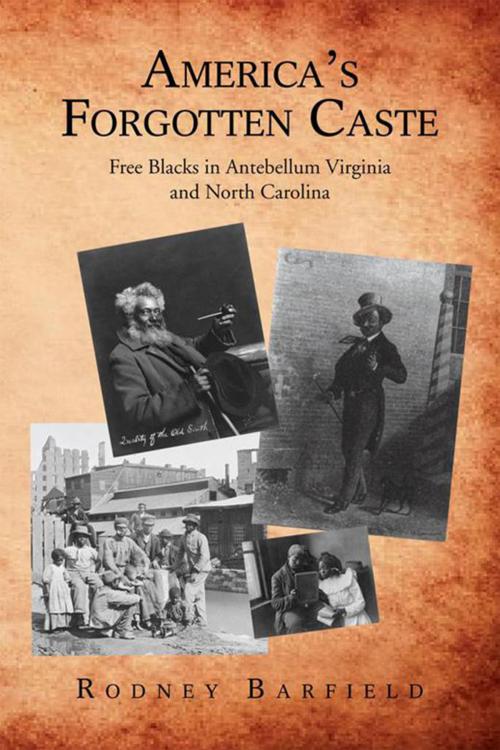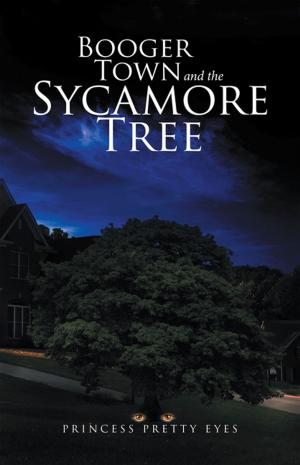| Author: | Rodney Barfield | ISBN: | 9781483619668 |
| Publisher: | Xlibris US | Publication: | May 14, 2013 |
| Imprint: | Xlibris US | Language: | English |
| Author: | Rodney Barfield |
| ISBN: | 9781483619668 |
| Publisher: | Xlibris US |
| Publication: | May 14, 2013 |
| Imprint: | Xlibris US |
| Language: | English |
Free blacks in antebellum America lived in a twilight world of oppressive laws and customs designed to suppress their mobility and their integration into civil society. Free blacks were free only to the extent of white tolerance in their community or town. They were at the mercy of the lowest members of the dominant race who could punish them on a whim. They were, in the words of a 19th century European traveler to America, "masterless slaves." Nonetheless, many successful and even prominent blacks emerged from the mire of oppressive laws and general public disdain to realize major achievements. Though excluded from the political process, from education, and from most professions they became preachers, teachers, missionaries, contractors, artisans, boat captains, and wealthy entrepreneurs. Members of this twilight social and legal class, which numbered nearly a half million by 1860, made great accomplishments against strong opposition in the first half of the 19th century. The history of America and of American slavery is woefully incomplete without their story.
Free blacks in antebellum America lived in a twilight world of oppressive laws and customs designed to suppress their mobility and their integration into civil society. Free blacks were free only to the extent of white tolerance in their community or town. They were at the mercy of the lowest members of the dominant race who could punish them on a whim. They were, in the words of a 19th century European traveler to America, "masterless slaves." Nonetheless, many successful and even prominent blacks emerged from the mire of oppressive laws and general public disdain to realize major achievements. Though excluded from the political process, from education, and from most professions they became preachers, teachers, missionaries, contractors, artisans, boat captains, and wealthy entrepreneurs. Members of this twilight social and legal class, which numbered nearly a half million by 1860, made great accomplishments against strong opposition in the first half of the 19th century. The history of America and of American slavery is woefully incomplete without their story.















